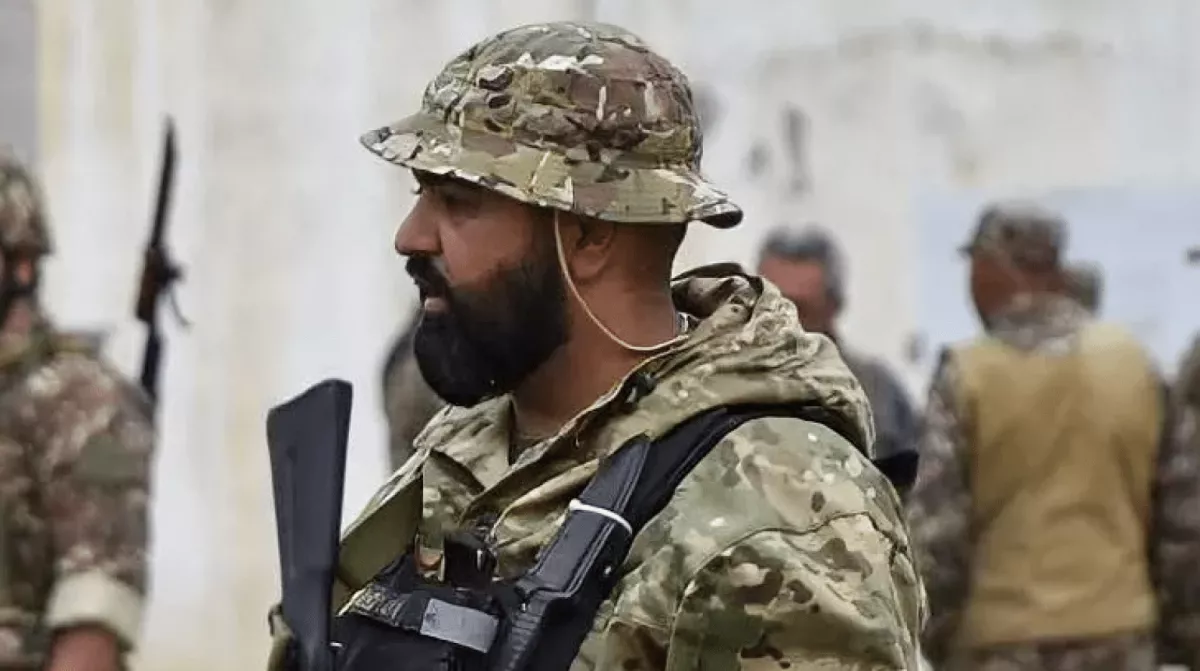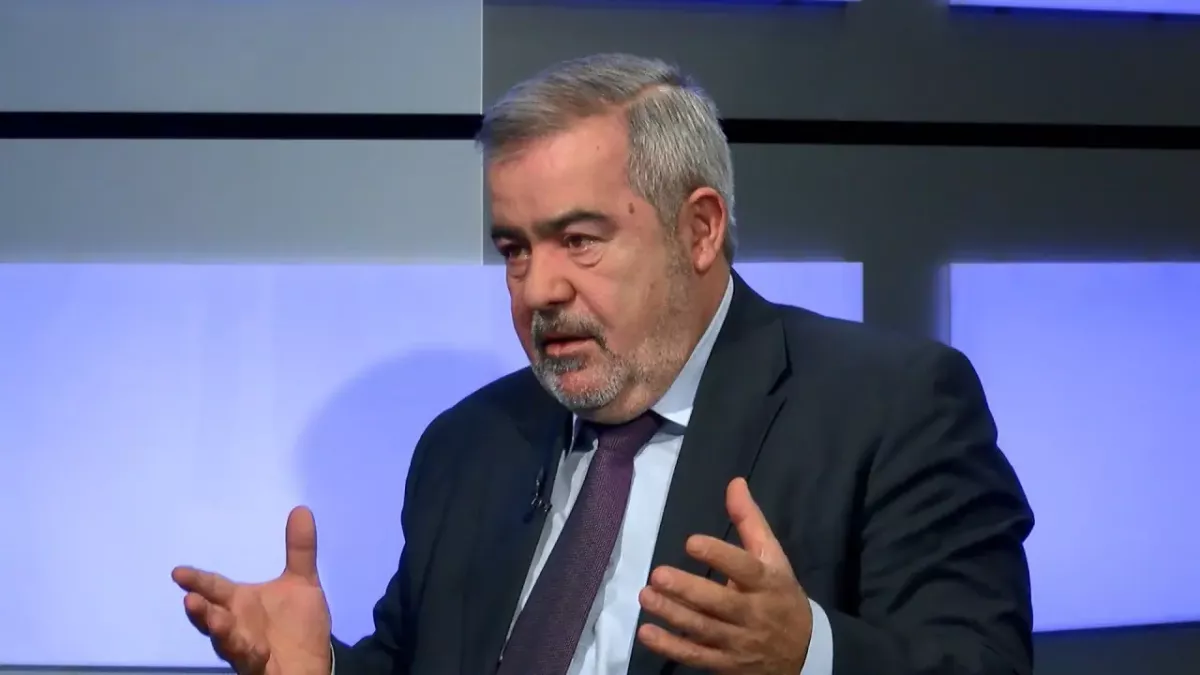The Dashnak trap A disease Armenia must cure
A number of Armenian media outlets have plunged into mourning, creating a corresponding mood among their readers. The cause of this profound grief was the suicide of Mkhitar Margaryan – the son of the well-known Armenian Dashnak, Hrant Margaryan.

In reports widely circulated by Armenian media, it is particularly emphasised that the deceased hereditary Dashnak had participated in the April 2016 clashes and the 44-day war of autumn 2020. It is worth noting that the father of the suicide victim, Hrant Margaryan, was a participant in the First Karabakh War.

As we can see, these are people for whom hatred of Azerbaijan and Azerbaijanis has become something of a “family inheritance.” This once again clearly demonstrates that Dashnak ideology continues to be passed down as a “family relic” from one generation to the next. Young Dashnaks, raised on a cult of violence and fanaticised hatred, see no future for themselves other than war and “revenge.” And when the war is lost, when the illusions about “Artsakh” collapse, what follows is emptiness and despair – and sometimes even taking one’s own life.
As is well known, the Dashnaktsutyun party was founded in 1890 and from the very beginning declared Turkophobia and Azerbaijanophobia as its guiding principles. Throughout its existence, the Dashnaks have promoted a political mythology anchored in the idea of a “historical mission” to seize foreign lands, instilling in Armenian consciousness the notion of Turks and Azerbaijanis as “enemies of the nation.”
This led to Dashnak members actively participating in terrorist acts against authorities and civilians in the Ottoman Empire in the early 20th century. Later, during the Soviet period, they made territorial claims against the Republic of Türkiye and Azerbaijan and organised terrorist attacks in various European cities to draw international attention to their myths.
After the collapse of the Soviet Union, the Dashnak party regained influence, especially within the Armenian diaspora, where its narratives about a “Greater Armenia” still resonate. The Dashnaks were the most active promoters of the idea of seizing Azerbaijani land, encouraging some of the most monstrous crimes against its people and state.
Even today, after Armenia’s defeat in the 44‑day war and Azerbaijan’s restoration of its territorial integrity, the substance of Dashnak rhetoric has not changed — their political statements and media still contain calls for a new war against Azerbaijan, for revenge, and for struggle to the end. It was this ideology that raised people like Hrant and Mkhitar Margaryan: when children are taught from an early age that Azerbaijan is the enemy, that peace is impossible, and that a mythical “Artsakh” exists, generations grow up unable to live outside that paradigm.

Today, Armenian media — particularly those affiliated with the Dashnak party — continue to portray such individuals as “heroes.” In their view, even the suicide of a Dashnak is framed as an act of “loyalty to ideals.” Yet this story is not an isolated case. It is symbolic, vividly illustrating the consequences of upbringing steeped in hatred and fanaticism, rooted in the monstrous thesis advanced by Armenia’s second president, Robert Kocharyan, about the “genetic incompatibility of Armenians and Azerbaijanis.” Even now, many politicians, journalists, and public figures in Armenia share these views and live by the idea of a new war against Azerbaijan.
The situation resembles a theatre of the absurd, especially today, when Armenia has, for the first time in decades, an opportunity to build relations with its neighbours on the basis of peace and mutual respect. But achieving this requires abandoning the ideology of hatred, the cult of war, and myths of a “Greater Armenia from sea to sea.” Can Armenian society cast off this burden of the past? Can Prime Minister Nikol Pashinyan’s government — despite its mistakes and contradictions, and having realised that continued confrontation would lead the country to catastrophe — neutralise the influence of a powerful revanchist camp rooted in Dashnak ideology? The answers to these questions will determine both peace in the region and the future of Armenia itself.








